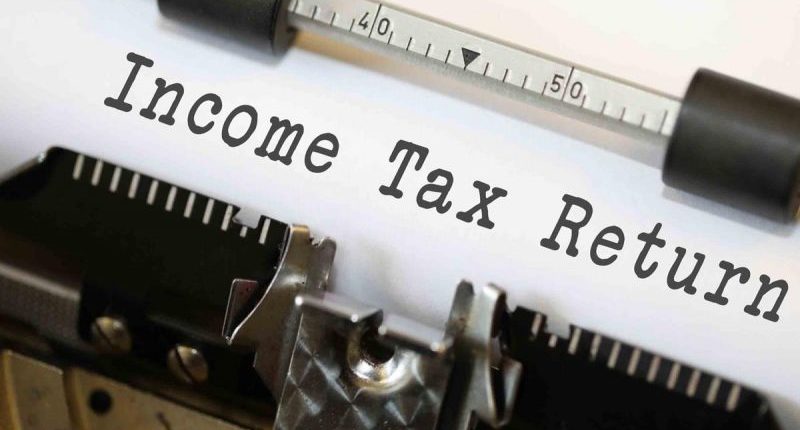The Income Tax Department has recently amended the ITR forms applicable for FY 2018-19. The changes made in the forms have also affected the information which is required to be entered.
For instance, the filing details under the head of ‘Income from other sources” in ITR-1 for FY 2018-19 will be different from the last year. Earlier, the amount of the ‘Income from other sources” was aggregated and filled in ITR-1, but from this year onward, you will have to give a detailed break-up of those income sources while filing your ITR.
The new ITR-1 return form consists of a drop-down menu, which lets you choose the type of income you have received.
The menu under “Schedule OS” of new ITR-1 form has the following options:
- Interest from Savings Account
- Interest from Deposit (Bank/Post Office/Co-operative society)
- Interest from Income Tax Refund
- Family Pension
- Any other income
Here are the details that you are required to fill in and where:
- Interest from Savings Account:
You are required to fill the total amount of interest received from all your banks’ savings accounts and post office savings accounts held during FY 2018-19 under this first option of the drop-down menu.
You can collate the interest amount from the entries in your bank passbook and post office account statement or visit the bank/post office to collect the interest certificates.
You can also download your interest certificates through the net banking facility.
- Interest from Deposits (Bank/Post Office/Co-operative society):
Under this option, you will have to enter the total amount of interest received from the deposits held in FY 2018-19. The deposits include fixed deposits, recurring deposits, or any other post office scheme such as Post Office Time Deposit (POTD), Post Office Monthly Income Account (POMIS), and Senior Citizen Savings Account (SCSS).
You will have to visit the bank or the post office to collect the interest certificates for FY 2018-19. In case the bank has deducted tax on your interest payment, then it will have to issue a Form 16A providing the details of interest paid and tax deducted during the year.
Also Read: Budget 2019: Income tax exemption limit likely to be increased to Rs 5 lakhs
- Interest from Interest Tax Refund:
Any tax refund received during the year is not taxable, according to the Income Tax Act.
The department also pays interest on income tax refund if the refund amount is more than 10% of the tax paid. The interest will be taxed under “Income from Other Sources”.
You can view the interest amount received from Form 26AS. This form shows the amount of refund and interest earned on it separately.
- Family Pension:
A pension amount received by a family member of a government employee is called Family Pension. Usually, the pension is paid to the spouse of the government employee. Family pension is taxed under “Income from Other Sources”, unlike regular pension received by the employee himself which is taxed under “Income from Salaries”.
You can claim standard deduction under section 57 if you have received a family pension. The deduction amount will be lower of the following:
- 1/3rd of the pension received
- Rs 15,000
5. Any other income:
Any income apart from the income discussed above will be disclosed under “Any other” option of the Schedule OS. You have to enter the details related to that income in the ITR-1 form.
Interest income from FDs held with companies and gold bonds are also taxable under other sources. Details of this income earned during the FY will be disclosed under “Any other”.
I am an aspiring Chartered Accountant. I spend most of my free time dredging through the various Indian finance subreddits. I am a semi-professional bowler with a high strike rate every time there is a new tax reform!





